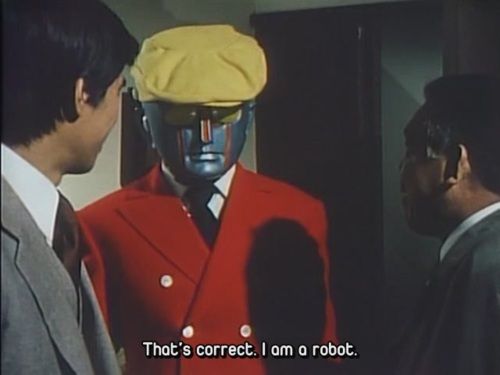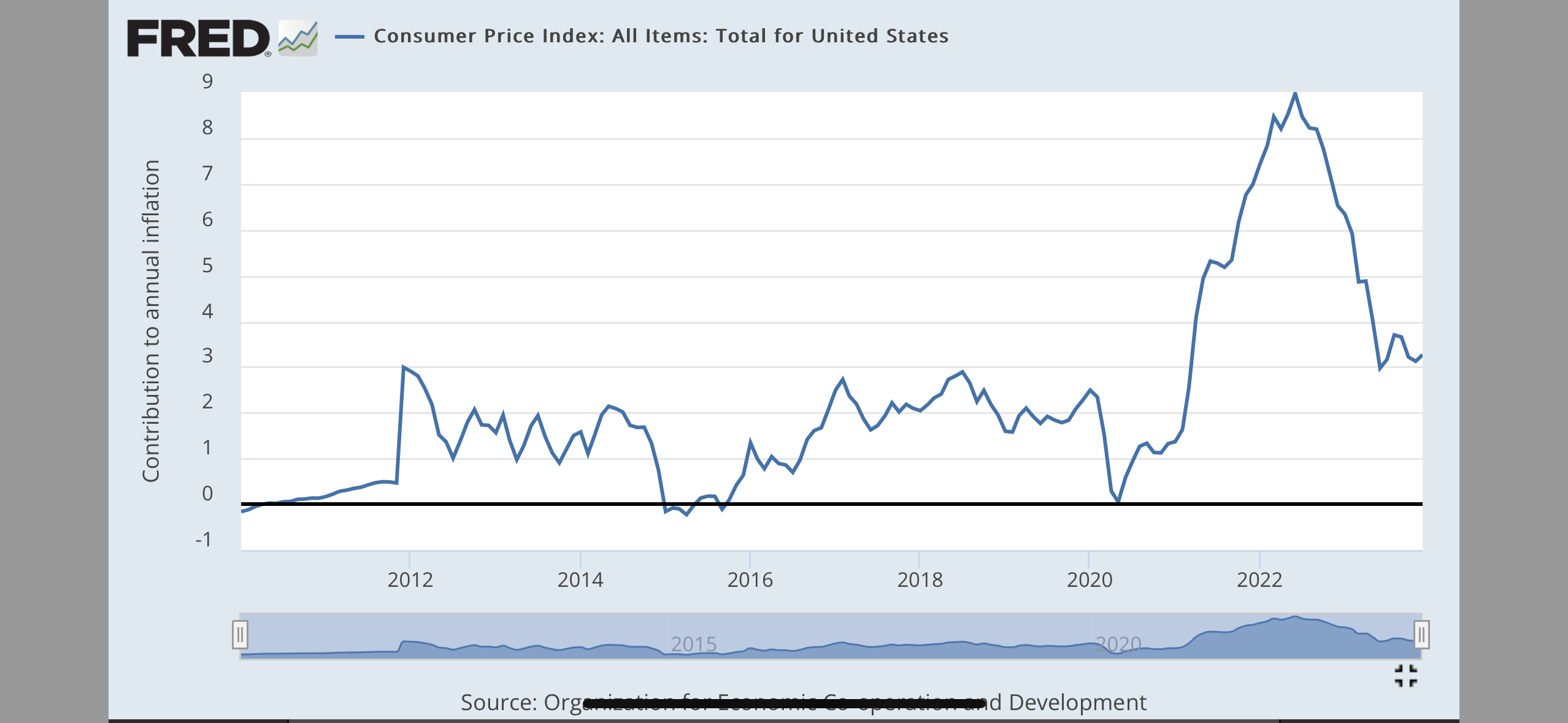- 0 Posts
- 193 Comments

 12·2 months ago
12·2 months agoA lot was destroyed but a lot of it was looted and and sold to sleazy collectors. Remember when the guy who owns Hobby Lobby got caught buying looted artifacts?
Still horrible, obviously, but at least there’s some hope looted items will be recovered.

 33·3 months ago
33·3 months agoWill there be a mass at his funeral?

 10·4 months ago
10·4 months ago20 kelvins. It’s “high temperature” but only compared to the usual 4 kelvins needed in previous designs. (This isn’t another sketchy “room temperature” superconductor claim where the media is going to go ape shit and then we’re all going to be disappointed in a few weeks.)

 11·4 months ago
11·4 months agoIf the only people who have lost their minds are the ones who refused a vaccine, how would we even know?

This is Stylebot 2000 erasure.

 1·5 months ago
1·5 months ago Not all Ziggies play guitar.
Not all Ziggies play guitar.

 20·5 months ago
20·5 months agoThe inflation that started towards the end of the pandemic shutdowns is essentially over now in the U.S. according to the most widely used measures.

There’s a lot of ways economists measure inflation. That chart is for all items. Policy makers usually use “core” inflation, which excludes food and energy. Food and energy prices are obviously important to individuals but they’re volatile and can add a lot of noise. (Like gas prices go up and down all the time without it meaning the Federal Reserve needs to change long term policy.)
Another caveat is that shelter lags behind by about 6 months just because of (a) how it’s measured and (b) people sign leases once or twice a year. So, if the main reason inflation is up or down is housing, it could be misleading about actual inflation right now.
Anything between 1% and 3% with low unemployment is fine and that’s where the U.S. is now. Other countries may not be there yet but this is nothing like the late 70’s and early 80’s.

 5·5 months ago
5·5 months agoNever answer it unless they texted me first.

 51·5 months ago
51·5 months agoThat’s why we make a distinction between:
- formal sciences (math, logic, statistics, etc.)
- natural sciences (physics, chemistry, geology, etc.), and;
- social sciences (econ, anthropology, archaeology, etc.)
People in formal and social sciences don’t put “scientist” on their business card because the popular understanding of the term is a natural scientist in a lab coat doing controlled experiments. You don’t get a nice clean lab to do controlled experiments on societies, economies, or ancient ruins. When you study those things, your degree still usually says “Bachelor of Science” and not “Bachelor of Arts” because the terms “sciences” and “arts” are more expansive than the way we use them in every day conversation.

 81·5 months ago
81·5 months agoEconomics filtered through politics and media can get silly but actual economists doing actual economics create rigorous models (like any science) and most don’t even necessarily make predictions about the future. A cross-discipline academic project on the effects of past coastal erosion might, for instance, have an ecologist, historian, and economist all write separate papers. That’s more common than pontificating on TV.
Econ is also prone to being misrepresented by politicians because there’s almost always trade-offs in the real world. Like imagine a proposed tax on gas/petrol to fund public transportation. An economist would just predict who will benefit or be harmed but you probably already know exactly what the different political parties and media outlets in your country will focus on.

 12·5 months ago
12·5 months agoChina has every incentive to switch since they’re an oil importer and a battery and solar panel exporter with major smog issues, especially in Beijing. Even without global warming, they’re better off electrifying as much as possible.
Plus, we should probably all have a Plan B. How much oil is coming from countries at war, threatening war, or forced to ship their oil through tiny straights within rocket firing distance of a U.S./Iran proxy war? Even the Panama Canal (drought) is having issues.

 275·5 months ago
275·5 months agoIt was 12 staff members out 13,000 and they hire Palestinians to do probably 90% of the basic jobs. This whole story line is ridiculous. Like, sorry if some UNWRA school janitor was secretly in Hamas. The agency doesn’t need to be replaced for that reason. Someone is trying manufacture a scandal.
Maybe it does need reforms. I have no idea. But this all smells like a PR stunt that will be used later for sound bites and propaganda. Like, maybe the west wants to replace the UNRWA head and other people don’t. So, they put this out there and act like it’s so shocking.

 9·5 months ago
9·5 months agoThey’re not trying to force people to convert to Judaism. They’re literally stealing Palestinian homes and carrying out an ethnic cleansing campaign. Settlers attack Palestinians in the West Bank on a regular basis. They even uproot olive trees owned by Palestinian farmers.
Check out the Wikipedia article of one of the settler party leaders, Itamar Ben-Gvir. He’s the current Minister of National Security. https://en.m.wikipedia.org/wiki/Itamar_Ben-Gvir
It might be slower than a typical genocide but the settlements are absolutely about ethnic cleansing.

 202·5 months ago
202·5 months agoIsraeli settlers are really some of the worst human beings on Earth. Not ISIS or Boko Haram level but they should be treated and talked about like war criminals for their ethnic cleansing efforts no matter how fucking stupid and brainwashed they are.

 115·5 months ago
115·5 months agoI strongly disagree. The Olympics are one of the best things humanity does. Are the people running it corrupt scum? Pretty much. But the Olympics are one of the only times the whole world comes together to at least attempt to do something positive.
Also, have you ever watched the 49 kg (108 lb) women’s weightlifting competition? They look like ants lifting multiple times their body weight. It’s fucking awesome.

 204·5 months ago
204·5 months agoBecause those wars went so well. Iran has a population of almost 90 million compared to Iraq’s 2003 population of 27 million or so and Libya’s was like 6 million before that war. And those only created more instability. There’s not usually a winner in a war in the modern era.
I’m an American and, emotionally, I obviously get the desire to retaliate for the attacks but a real war with Iran would be catastrophic. It would probably weaken America in the long run. As bad as these tit-for-tat strikes are, we’re better off supporting Iranian protesters than taking aggressive military action.

 356·5 months ago
356·5 months agoGood for the Russians for not giving up. Sometimes, life gives you little setbacks and you have to just keep trying. I tell my kids all the time not to be discouraged when they make a mistake. Practice makes perfect and all that.
Edit: /s in case people didn’t know I was mocking the Russians for failing repeatedly.

 7·5 months ago
7·5 months agoThey definitely went hard on the propaganda in the US in the 80’s and 90’s but it was all a big joke to us. I remember a whole stage production when I was in high school (and already old enough to be experimenting with drugs) where they used slang terms so outdated, it was unintentional comedy.
One more is that some people in the Himalayas (Nepalese, Tibetans, etc.) have some pretty recent adaptations for living at extremely high altitudes where there’s less oxygen. This Wikipedia article has more examples of recent adaptations: https://en.m.wikipedia.org/wiki/Recent_human_evolution
Another interesting factoid is that Africa has more genetic diversity than the rest of the world. So, don’t sleep on the fact that that Homo sapiens spent more time radiating throughout Africa than radiating out of Africa.